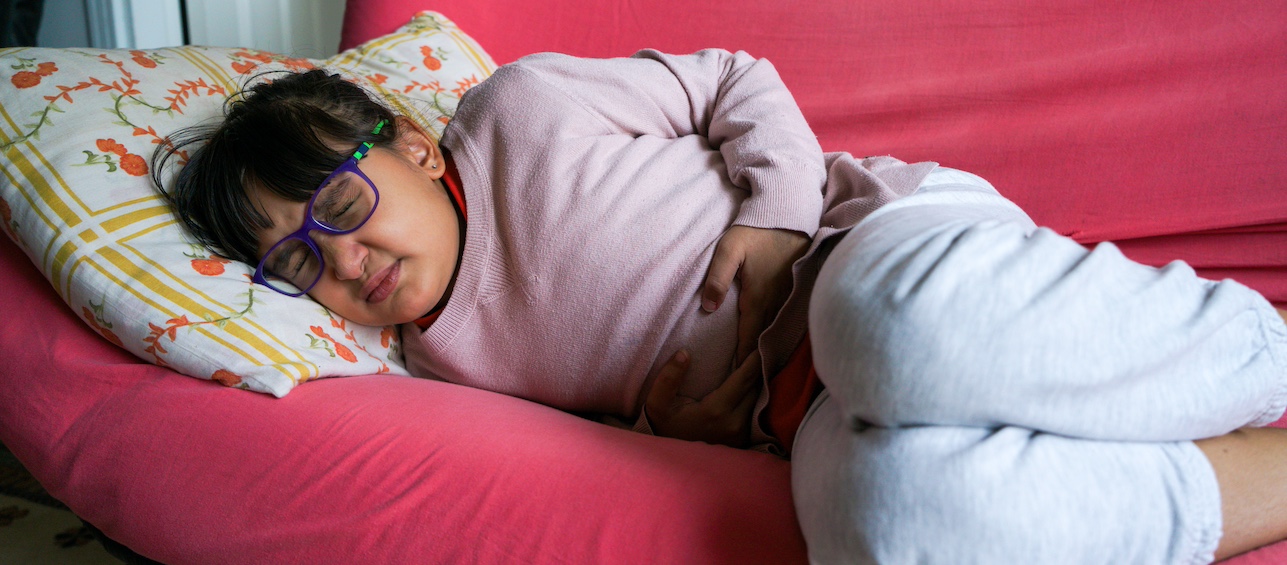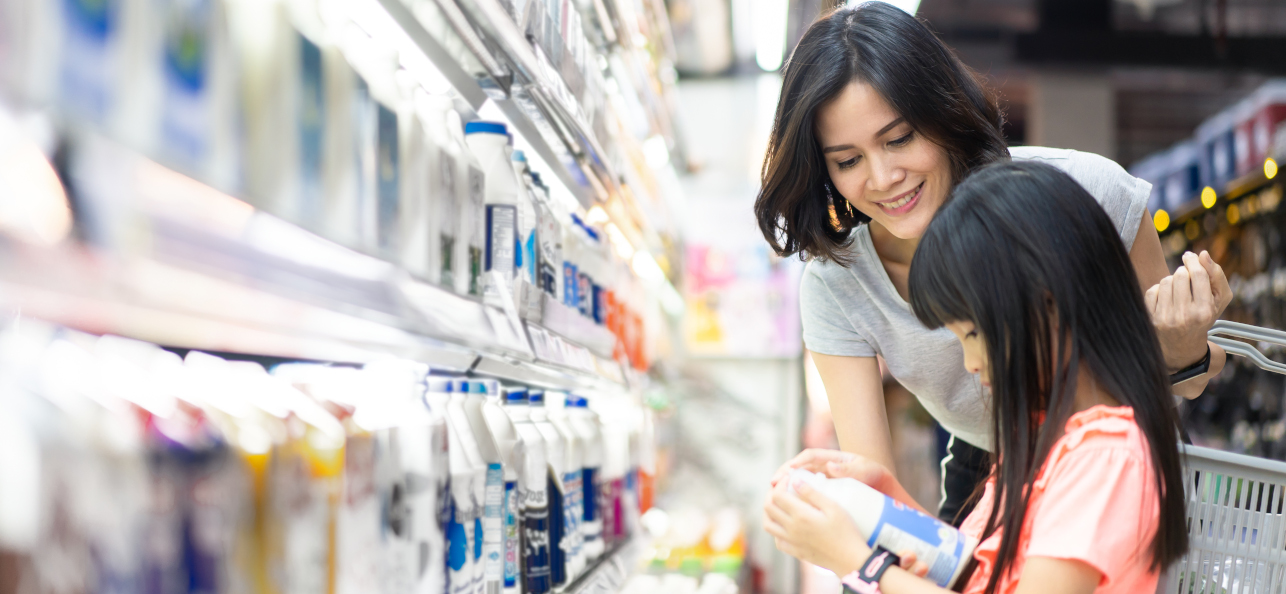Have a happy 4th, but hold the fireworks. Or at least leave them in the hands of professionals, the American Academy of Pediatrics advises.
Because thousands of people are treated for fireworks-related injuries in hospitals across the United States every year, the academy supports a nationwide ban on the private use of any and all fireworks — even sparklers. Attending a public fireworks display is a much safer bet, they say.
Doctors at Cincinnati Children’s agree that most accidents that land families in the emergency room each summer are preventable.
So here are some of their top safety tips.
- Fireworks look fun, but even sparklers can reach temperatures exceeding 1000 degrees F. Enjoy fireworks by attending a show run by professionals. If someone chooses to use fireworks at home, only light fireworks on a smooth, flat surface away from the house, dry leaves and grass, and other things that may catch on fire — a real possibility in this summer’s drought.
- Keep water handy (a garden hose and a bucket) in case of a malfunction or a fire
- Light only one firework at a time
- Dispose of fireworks properly by soaking them in water and then disposing of them in your trashcan (wait 15 to 20 minutes and then soak it in a bucket of water)
- Never light fireworks in glass or metal containers
- Never throw or point fireworks at other people, animals, or buildings that can catch on fire
- Dispose of fireworks properly by soaking them in water and then disposing of them in your trashcan (wait 15 to 20 minutes and then soak it in a bucket of water)
- Playgrounds are great, but beware of hidden dangers: Hot slides may burn legs, and open S hooks or protruding bolts suggest poor maintenance.
- Bike riding is a wonderful family activity. Don’t forget a bike helmet for every member of the family, to prevent head and face injuries. Be sure the helmet fits correctly and has a label indicating that it meets safety standards.
- Vacations and amusement parks are mainstays of summer fun. Review what your children should do if they become separated from you. Be sure your kids know your cell phone number.
- All-terrain vehicles (ATVs) look fun, but children younger than 16 should not be allowed to drive or ride on them. 30 percent of all ATV-related deaths and hospital visits involve children.
- Inflatable pools are a popular way to cool off in your own backyard. But beware: These pools are especially dangerous to kids younger than 5. Never leave children unattended by a pool, no matter the size, not even for a minute. Drownings can occur in only a few inches of water.
- Backyard trampolines seem like a great way to get kids active outdoors, but they are simply too dangerous. In the United States each year, there are nearly 100,000 trampoline injuries.
- Lawn-mower accidents frequently lead to summer injuries. The safest bet is to keep children out of the yard while you are operating a lawn mower. Never let a child be a passenger on a ride-on mower. Children need to be at least 12 before they are old enough to operate a mower themselves.
- Life jackets are key if your family plans to boat, canoe, jet ski or simply play near lakes and rivers this summer. Make sure your child wears a comfort- able life jacket that fits snugly. Encourage your child to keep a life jacket on by wearing one yourself.
- Scooters and skateboards are fun as kids get older. Most accidents are because of falls, so ensure your child or teen always rides with a helmet and protective gear to minimize the chance of injury.
This advice is from Drs. Parul Bawa and Heather Mittiga, community pediatricians affiliated with Cincinnati Children’s. They practice at Springdale-Mason Pediatrics.





